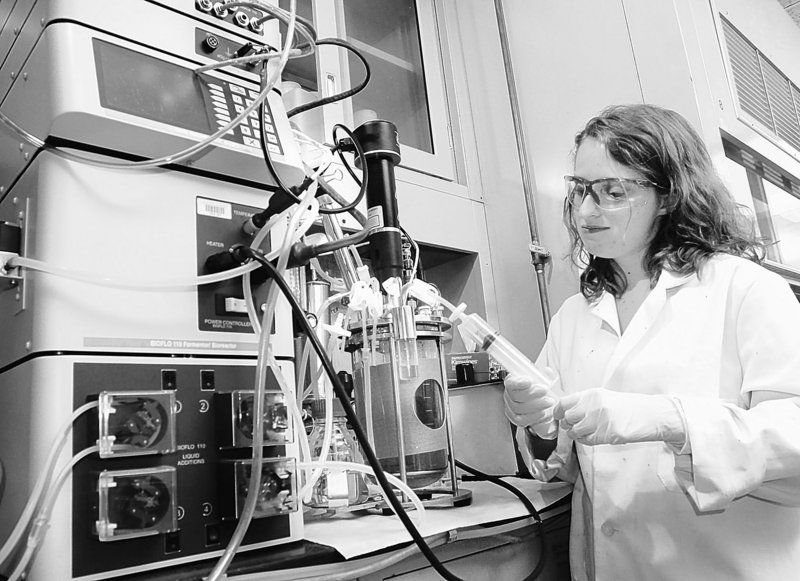ORONO – According to the National Academy of Sciences, 85 percent of measured growth in U.S. income per capita is the result of technological change.
One need look no further than Google, Apple, Microsoft and other corporate technology giants whose founders are still active and in their prime to realize that change continues to happen at a ferocious pace.
The universities where these firms they find the talent and knowledge that fuel them exemplify the importance of innovation to our future.
We are not alone is realizing this secret to economic well-being.
Countries around the world have taken our best ideas for getting ahead, fine-tuned them and adapted them to their own situations.
They are working to build universities to rival America’s best and they have established regional economic partnerships that we should study and adapt where it makes sense.
The National Academies was one among several leading organizations that realized that we were slipping significantly in relation to international competition.
In 2006, the Academies pulled together a panel of our nation’s most accomplished industrialists, educators, innovators and scientists led by former Lockheed Martin Chairman Norm Augustine. In 2007 they released “Rising Above the Gathering Storm,” a call to action in research, science education and legislative reform.
The report was well received and that very year Congress enacted the COMPETES Act, based on part of the Academies’ recommendations, by a wide bipartisan margin.
Maine’s federal delegation voted unanimously in favor of the legislation. The legislation established a multi-year effort to increase the nation’s commitment to double the research funding at the National Science Foundation (NSF), the Department of Energy (DOE) Office of Science and the National Institute of Standards and Technology (NIST); to strengthen science and math education; and to foster a business environment to drive innovation, but a political compromise reduced the duration of authorized funding to just three years.
Maine has benefited directly and indirectly from these agencies and from the increased funding the COMPETES Act authorized.
We receive NSF awards that fund a spectrum of research activities including high performance computing, geospatial technology education, sustainability science and summer training for science teachers.
NIST is providing 80 percent of the funding for a new Advanced Nanocomposites in Renewable Energy Laboratory and core funding for the Maine Manufacturing Extension Partnership. Department of Energy has provided funding for deepwater offshore wind power research and for advanced biofuels research.
It is already three years since the original COMPETES Act and it is now time to reauthorize the program. Hours before the start of the Memorial Day weekend, the House passed H.R. 5116 by a vote of 262 to 150 with both of Maine’s representatives voting for the bill.
The Senate Commerce Committee is scheduled to consider the legislation July 15 with a vote to follow in the full Senate.
I really hope the Congress can pull together quickly and continue the doubling of these important science agencies.
Time is of the essence. The U.S. once had an overwhelming advantage in fields such as science, technology, engineering and math, but the rest of the world is not standing still and the problems the research will solve are becoming more pressing.
We are fortunate to have an enlightened congressional delegation, and I hope enough of the rest of the Congress shares their sense of urgency for these efforts to continue uninterrupted.
Send questions/comments to the editors.



Success. Please wait for the page to reload. If the page does not reload within 5 seconds, please refresh the page.
Enter your email and password to access comments.
Hi, to comment on stories you must . This profile is in addition to your subscription and website login.
Already have a commenting profile? .
Invalid username/password.
Please check your email to confirm and complete your registration.
Only subscribers are eligible to post comments. Please subscribe or login first for digital access. Here’s why.
Use the form below to reset your password. When you've submitted your account email, we will send an email with a reset code.